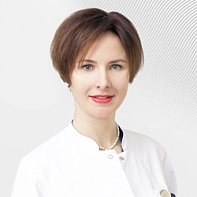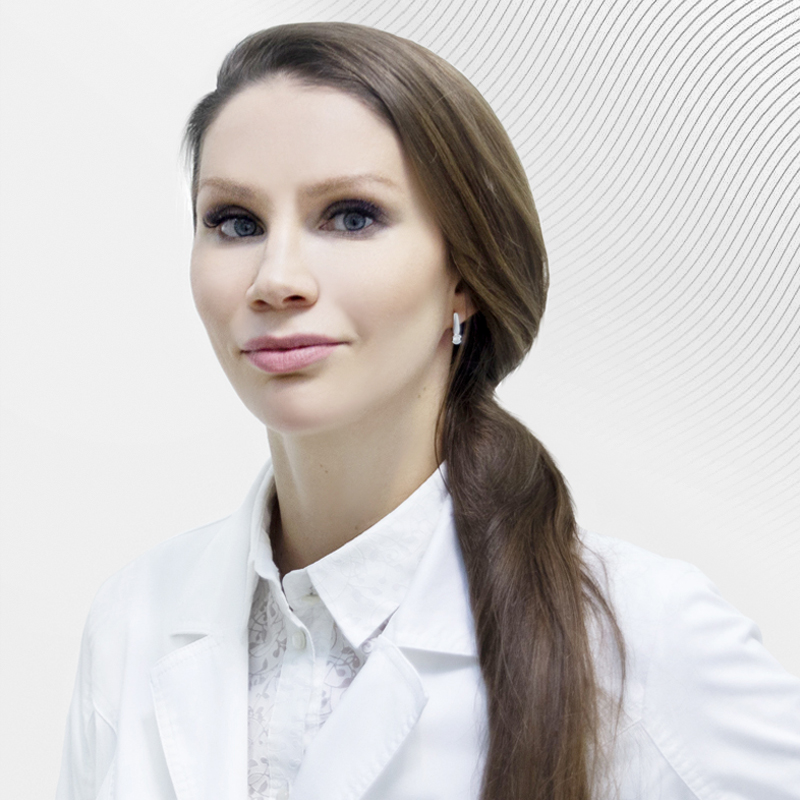Female coloproctologist
The tendency not to visit a doctor when alarming proctological symptoms appear is a serious problem for men and women alike. The feeling of shyness and discomfort during the examination make you postpone your visit to the proctologist and entrust your problem to a pharmacy employee who recommends certain candles.
As a rule, women's problems of an aesthetic nature are supplemented by rejection of a male doctor, because the profession of proctologist is mainly chosen by men around the world.
The EMC Proctology Clinic has an appointment with a coloproctologist
 The initial examination by a proctologist includes a finger examination of the anal canal, if necessary, an examination of the mucous membrane with an anoscope. All studies are painless, conducted in a "gynecological" position, familiar to women, and are safe for both the expectant mother and the baby.
The initial examination by a proctologist includes a finger examination of the anal canal, if necessary, an examination of the mucous membrane with an anoscope. All studies are painless, conducted in a "gynecological" position, familiar to women, and are safe for both the expectant mother and the baby.
Pregnancy increases the risk of anal fissure and problems in the area of hemorrhoidal vascular plexuses of the rectum, but women often wonder if the manipulations of the doctor will harm the child. In fact, pregnancy is not a contraindication for conservative treatment of proctological diseases. There are medications for hemorrhoids that can be prescribed during pregnancy and lactation. If you start treating hemorrhoids during pregnancy, you can avoid the progression of the disease in the postpartum period.
 The initial examination by a proctologist includes a finger examination of the anal canal, if necessary, an examination of the mucous membrane with an anoscope. All studies are painless, conducted in a "gynecological" position, familiar to women, and are safe for both the expectant mother and the baby.
The initial examination by a proctologist includes a finger examination of the anal canal, if necessary, an examination of the mucous membrane with an anoscope. All studies are painless, conducted in a "gynecological" position, familiar to women, and are safe for both the expectant mother and the baby.
Mostly pregnant women turn to a coloproctologist when the time of delivery is approaching, and often in the direction of an obstetrician-gynecologist. In most cases, we find pronounced manifestations of hemorrhoids, and patients wonder if it is possible to give birth on their own without fear of complications from hemorrhoids.
As a rule, in the last months of pregnancy, "ideal conditions" are created for the exacerbation of hemorrhoids: the fetus grows, the uterus presses on the intestines, impairing its motility, and chronic constipation forms. The outflow of blood from the vascular plexuses of the intestine is disrupted, which leads to stagnation of blood and stretching of the walls of the veins of the hemorrhoidal plexus. In such cases, you should not self-medicate using candles and enemas, so as not to "wean" the intestines to work. At the coloproctologist's appointment, the patient receives individual recommendations on diet and, if necessary, on taking medications with dietary fiber - then complications associated with hemorrhoids can be avoided during childbirth. In the absence of timely and proper treatment, hemorrhoids enter a stage where surgical intervention is the only way out.
The experience of our Clinic shows that by about the 30th week of pregnancy, the expectant mother should undergo a preventive examination by a coloproctologist.
Hemorrhoid problems can become acute during childbirth.
The process of natural childbirth is accompanied by a sharp increase in pressure in the veins of the hemorrhoidal plexus as a result of straining. Blood vessels overflow with blood, hemorrhoids swell. The most common complications are thrombosis of external hemorrhoids and inflammation: blood clots in thrombosis are an excellent breeding ground for microorganisms.
In most cases, thrombosed hemorrhoids are treated conservatively, but if they cause severe pain, we recommend removing the thrombosed nodes. Untreated external hemorrhoids can be a reason to consult a coloproctologist several years after giving birth, but this time about a cosmetic defect — "residual hemorrhoidal marks", which women often want to get rid of. This surgical procedure can be avoided if you consult a doctor in a timely manner.
Get help
Specify your contacts and we will contact you to clarify the details.
Doctors

Borodina Ekaterina
-
.jpg)
Krishchanovich Olga
-
Krishchanovich Olga
- He knows the methods of diagnostic search, examination and treatment of functional diseases of the gastrointestinal tract
- She graduated from the Astrakhan State Medical Academy and completed her clinical residency in the departments of General Surgery and Coloproctology.
- Member of the Association of Coloproctologists of Russia, member of the Russian Society of Surgeons, member of the Community of Practicing Nutritionists
Total experience
21 year
Experience in EMC
since 2019




